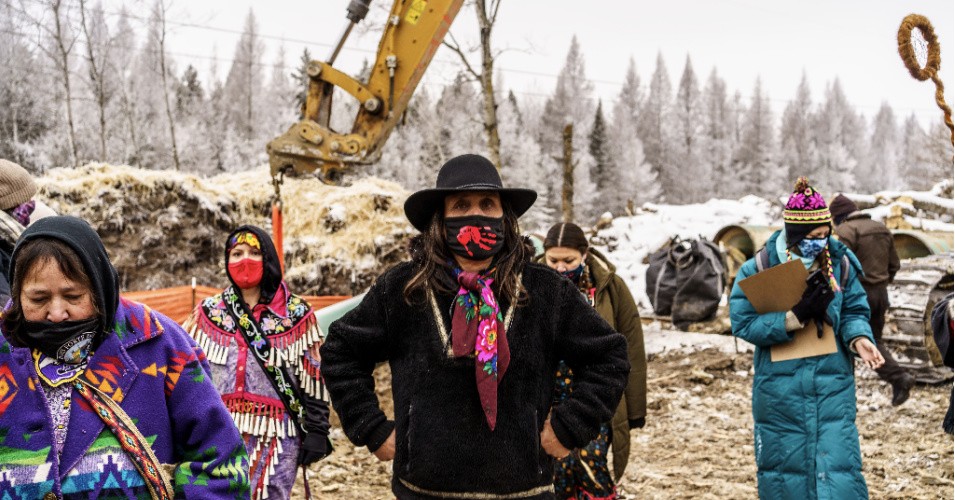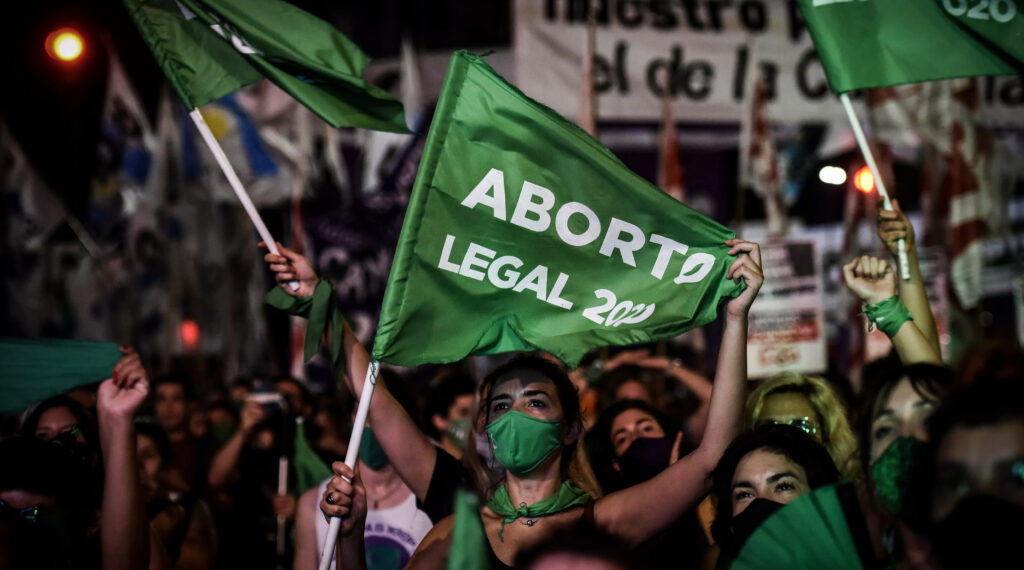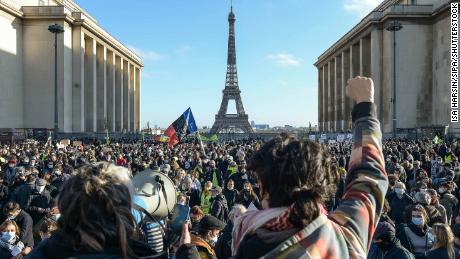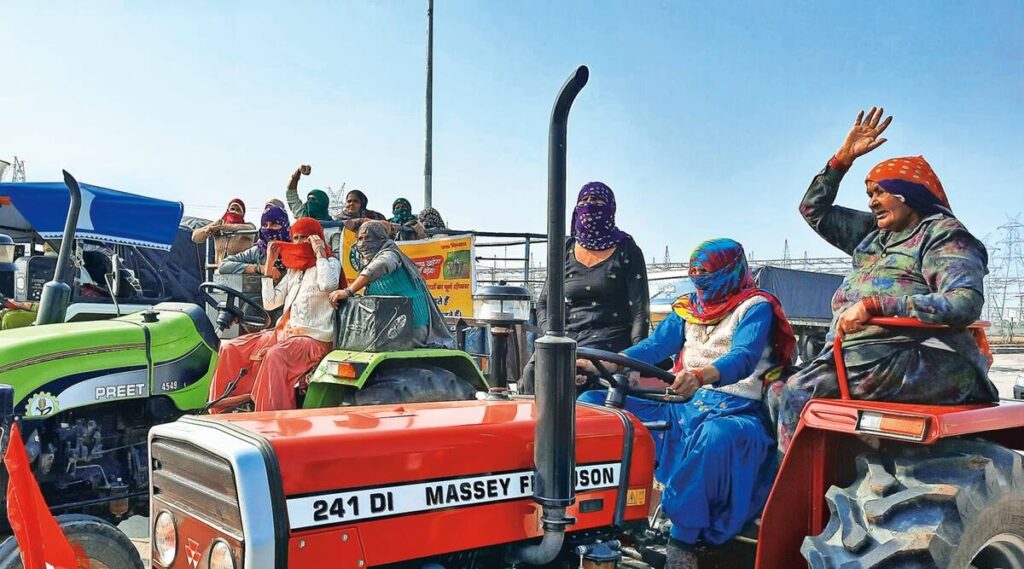
Hundreds of water protectors have been braving the harsh Minnesota winter to defend the territorial rights of Indigenous nations against Enbridge, a multi-billion-dollar pipeline company headquartered in Canada. Dozens of Indigenous activists and allies have been arrested as Enbridge attempts to push through construction of a tar sand oil pipeline, which would expose hundreds of miles of Indigenous land to toxic spills and would have a carbon cost equal to 50 coal power plants.
Enbridge has spent hundreds of thousands of dollars to hire Minnesota state police as private goons to protect their pipeline and their profits. Oil and gas companies, with the help of the American Legislative Action Council (ALEC), are also using their money to sponsor a Minnesota law to make protesting a pipeline a federal offense. The oil tycoon Koch brothers run ALEC which funds anti-worker, anti-LGBTQ, anti-abortion laws in multiple states, and was behind a similar anti-protest law in Louisiana. They practically own the Louisiana legislature.
One January 14, 3 activists halted construction on the Line 3 pipeline by locking themselves together inside a pipe segment. They demand that U.S. and Canadian governments recognize the treaty rights of Indigenous nations and immediately halt the construction of KeystoneXL, Line 3, and DAPL fossil fuel pipeline projects. Through militant action, these and other activists are standing up for us all.



